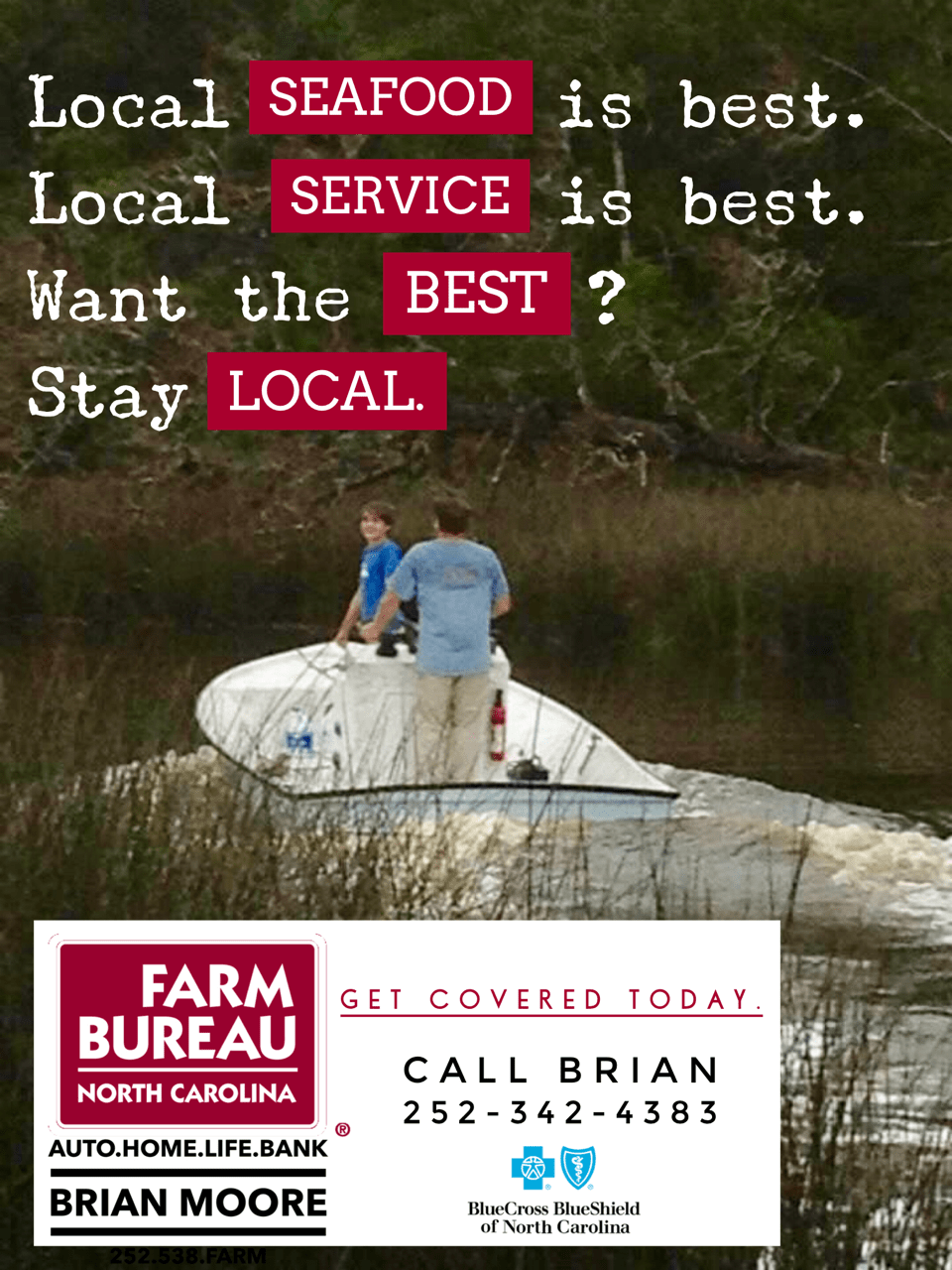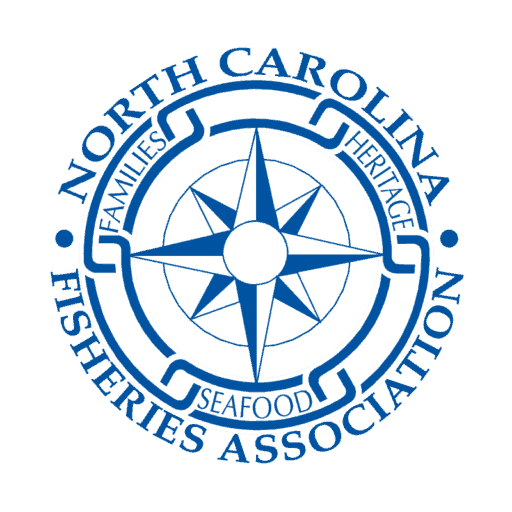The Rule of Law means equality for all.
Or does it?
The “Rule of Law” is the political philosophy that all citizens are accountable for the same laws. This philosophy helped fuel the American revolution and was a key principle considered, by our founding fathers, when drafting the U.S Constitution. The Rule of Law ensures, that in a true democracy, the powerful, wealthy, or majority can’t use the law to oppress or control the minority.
You’re probably thinking, I thought in a democracy the majority ruled and for the most part you’re correct. I say “for the most part” because in the US Constitution certain concepts such as freedom of speech and religion, the right to bear arms, and equal treatment and protection under the law are considered so essential to freedom that, barring a constitutional amendment, not even the majority can change them.
The Rule of Law is the foundation of equal treatment and protection under the law, and obligates both the government and states to evenly apply the laws to all citizens. In other words, citizens in similar situations are required to be treated similarly under the law.
When it comes to regulating our coastal fisheries both the government and our state seem to struggle with this relatively simple concept. It doesn’t matter whether you’re talking about reducing harvest, managing quotas, collecting data, reducing waste, or the Endangered Species Act the laws are interpreted and applied differently to the commercial sector, then they are to the recreational sector.
The Rule of Law requires the state and federal agencies tasked with regulating our fisheries to do so impartially without drawing distinctions between individuals based solely on differences that are irrelevant to the legitimate objective of the law.
Simply put, it doesn’t matter whether you fish for food, profit, or pleasure, your impacts are similar and therefore you must be treated similarly under the law!
Of course, state and federal agencies are not the only ones who seem to struggle with the Rule of Law concept. Groups right here in North Carolina, like the Coastal Conservation Association (CCA) of NC, North Carolina Wildlife Federation (NCWF), and NC Coastal Fisheries Reform Group (CFRG) also seem to have contempt for this concept, our founding fathers held so dear. Instead, these groups live by the age-old motto that sparked the American Revolution.
Rules for thee but not for me!
They creatively interpret both state and federal laws in an attempt to avoid regulations for themselves, the majority, while advocating for the letter of the law to be applied to the seafood industry, they view as the minority. All three groups are currently involved in lawsuits seeking to severely regulate commercial fishing, despite the undeniable fact that their members are engaged in similar practices and having similar impacts, as the ones they claim are illegal.
The CGRG filed a lawsuit claiming that by discarding unwanted catch and resuspending sediments (disturbing the seafloor) North Carolinas shrimpers were violating the Clean Water Act. Their lawsuit asserts that releasing unwanted fish constitutes an unpermitted, and therefore illegal, “discharge of a pollutant” and resuspending bottom sediment is “dredging” without a permit, also illegal. Of course, they only acknowledge this so called “violation of the Clean Water Act” is occurring in the shrimp trawl fishery, a fishery they have, for decades, tried to destroy through the fishery management process, legislative process, and now the judicial process. Recreational fishermen release millions of unwanted or illegal to harvest fish into NC waters each year and countless millions more are sacrificed as bait and cast into our waters annually.
How can it be a violation of the Clean Water Act when commercial fishermen discard a fish but not a violation when anglers do the same thing?
Or, illegal for a commercial fisherman to resuspend sediment but legal for a ferry, tugboat, or recreational boater through either prop wash or boat wake do the same thing?
That’s right, under the Rule of Law, it can’t!
The CCA, supported by NCWF, also filed a lawsuit claiming that commercial fishing, specifically shrimp trawling and gillnetting, violates North Carolina’s State Constitution. The CCA lawsuit exaggerates the impacts of commercial fishing and the state’s ability to manage coast wide fish stocks while making no mention of the impacts recreational fishing has on fish abundance.
They completely dismiss any obligation the recreational sector has under the law by asserting that recreational fishing is a right under the state’s Constitution but “the right of any business or individual to fish in public waters for profit is narrow, limited, privilege, afforded only by statute.”
By arguing, right vs. privilege, the CCA seeks to socially and legally elevate recreational fishing above the lowly commercial sector and claims the “limited privilege granted to a relative few citizens or companies to fish for profit must yield in priority to the constitutionally protected public-trust rights of the broader public.
Relative few citizens?
That’s right, the CCA attempts to minimize or minoritize the seafood industry and claims “they represent less than one-tenth of one percent of the North Carolinas citizens for whom those resources are held in trust.” They failed to mention the restaurants, other supporting businesses, and millions of seafood consumers in North Carolina who rely on commercial fishermen for access to their resource, as that could potentially place the CCA in the minority! The CCA also fails to acknowledge a very important part of “the right to hunt and fish” amendment, to North Carolinas constitution, on which they have based their right vs. privilege argument.
The NC Constitution states that the right of the people to hunt, fish, and harvest wildlife is “subject to laws enacted by the General Assembly and rules adopted pursuant to authority granted by the General Assembly to promote Wildlife conservation and management.”
It seems the people of North Carolina saw fit, through our constitution, to assure that the “right” to fish is subject to the very same statute that allows “a relative few citizens or companies to fish for profit.”
This law, the Fisheries Reform Act (FRA), and any management measures adopted pursuant to it, take precedence over the “right” to fish. The Fisheries Reform Act grants specific powers to the Department of Environmental Quality, Division of Marine Fisheries, and Marine Fisheries Commission which allows the state to manage both the recreational and commercial sectors.
The FRA requires “fair regulation of commercial and recreational fishing groups” and Fishery Management Plans (FMPs) for all commercially and recreationally significant fisheries. These FMPs are required to “include conservation and management measures that will provide the greatest overall benefit to the state, particularly with respect to food production, recreational opportunities, and the protection of marine ecosystems, and that will provide a sustainable harvest.” Simply put, while attempting to achieve sustainable harvest the state is required to consider food production, recreational opportunity, and ecosystem protections, weighing each equally.
Doesn’t sound much like the CCA’s right vs. privilege argument.
Does it?
To sum it up, in this case the Constitutional amendment is subject to state statute, and both are subject to the United States Constitution. Article VI, of the US Constitution, commonly referred to as the “Supremacy Clause”, established that the federal Constitution takes precedence over state law and even the state Constitution.
Again, the Constitution, the “Law of the Land”, was framed in a way that ensures that the Rule of Law guarantees equal treatment and protection for all citizens under the law. Of course, if you ask most commercial fishermen if the laws were being applied evenly the answer would certainly be, NO!
This is mostly due to the efforts of groups like the CCA, NCWF, and CGRG who routinely lie to the public, exaggerating the impacts of commercial fishing and minimizing the importance of domestic food production. They demonize and minoritize the seafood industry until it’s socially acceptable to bend the Rule of Law in their favor.
Rules for thee, but not for me!
Fortunately, judges do not have the liberty to consider their personal beliefs, instead they have a duty to uphold the law of the land and apply the law evenly to all citizens, even the lowly commercial fishermen. Unfortunately, judges do not intervene until someone challenges the legality of an action or attempts to misuse the law for less than pure intentions. Here’s hoping the judges hearing these frivolous claims will see the true intent and uphold the values that built this great country.
Perhaps it’s time for another revolution!
Glenn Skinner
NCFA-Executive Director

